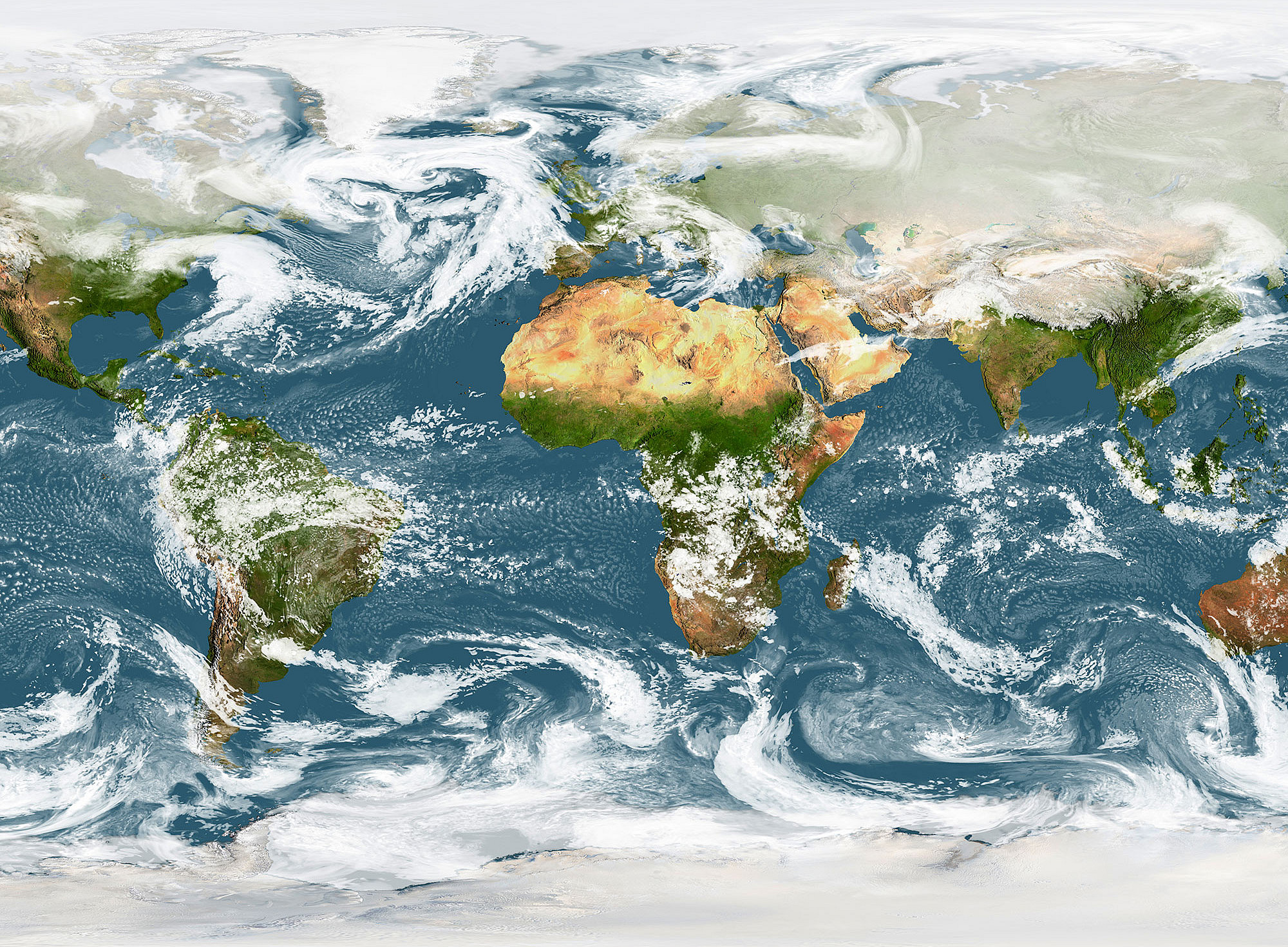Andrea Steiner, climate physicist at the Wegener Center for Climate and Global Change of the University of Graz, is researching the changes in the atmosphere. "In 2023, record temperatures were again observed in the troposphere. The combination of the short-term effects of El Niño with the long-term effects of high greenhouse gas concentrations contributed to the further warming of this lowest layer of the atmosphere," reports the scientist.
"In the stratosphere above, long-term cooling is taking place, caused by the man-made increase in greenhouse gases and ozone loss," explains Steiner, adding: "The middle stratosphere was abnormally cold in 2022 until mid-2023 because the Hunga volcanic eruption injected enormous amounts of water vapour up to an altitude of 50 kilometres." Overall, however, the long-term temperature changes both on the ground and in the atmosphere can clearly be attributed to man-made greenhouse gas emissions, explains the climate physicist.
Andreas Kellerer-Pirklbauer from the Department of Geography and Regional Science is investigating the effects of climate change on glaciers and permafrost in alpine regions. He has contributed research results on the velocity of rock glaciers, which is being measured in collaboration with Graz University of Technology. These landforms in high mountain environments are mixtures of debris and ice and typical indicators of alpine permafrost. Rock glaciers slowly creep down the valleys, similar to a lava flow. Their movement is primarily dependent on the thermal conditions of permafrost. The more it warms up and the more liquid water there is in the system, the faster the rock glacier moves.
"The hydrological year 2023 – i.e., the period October 2022 to September 2023 – was the warmest since meteorological records began in the European Alps," reports Kellerer-Pirklbauer. Accordingly, rock glacier velocities in the Western Alps continued to rise. In the Eastern Alps, on the other hand, they decreased. "These regional differences are in line with different snow conditions. In the east, the seasonal snow cover started exceptionally late and was relatively thin. As a result, the ground cooled significantly stronger, which reduced the movement dynamics of the rock glaciers compared to the previous year," explains the researcher. An international comparison – as published in the report – clearly shows that the rock glacier velocities observed in mountain regions worldwide have generally been increasing since the 1950s, with large regional and annual fluctuations. "These changes are consistent with the increase in permafrost temperatures due to anthropogenically-enhanced climate change," says Kellerer-Pirklbauer.
State of the Climate 2023 – Highlights
State of the Climate is published annually by the National Center for Environmental Information of the US National Oceanic and Atmospheric Administration, based on contributions from scientists from 60 countries.
